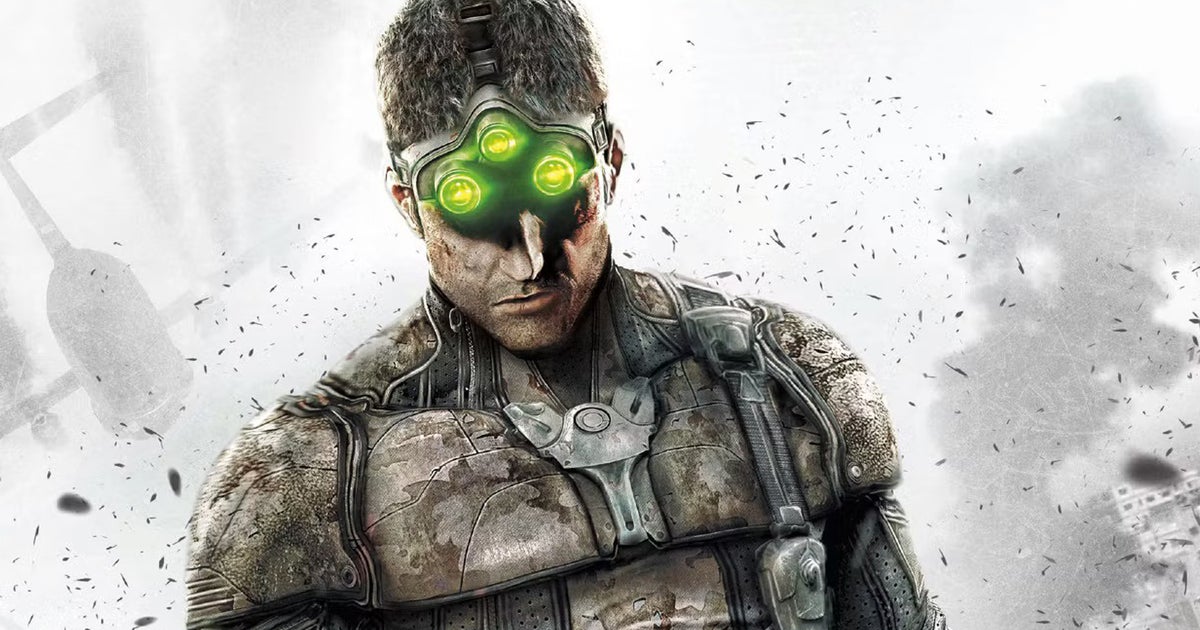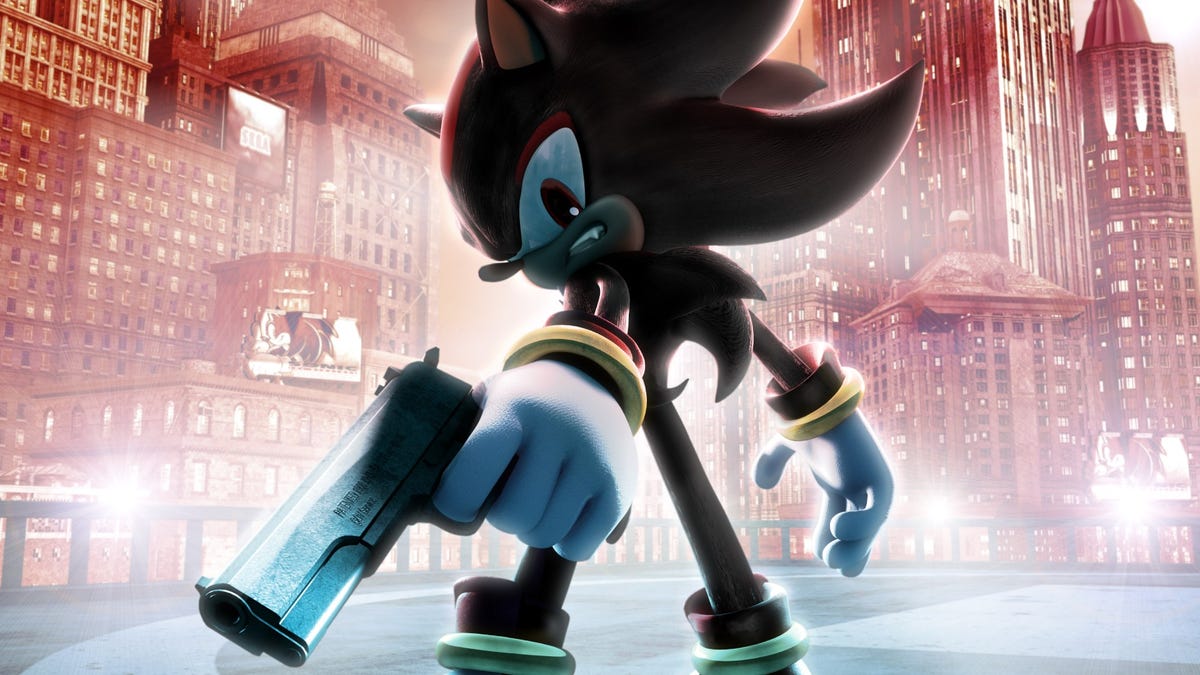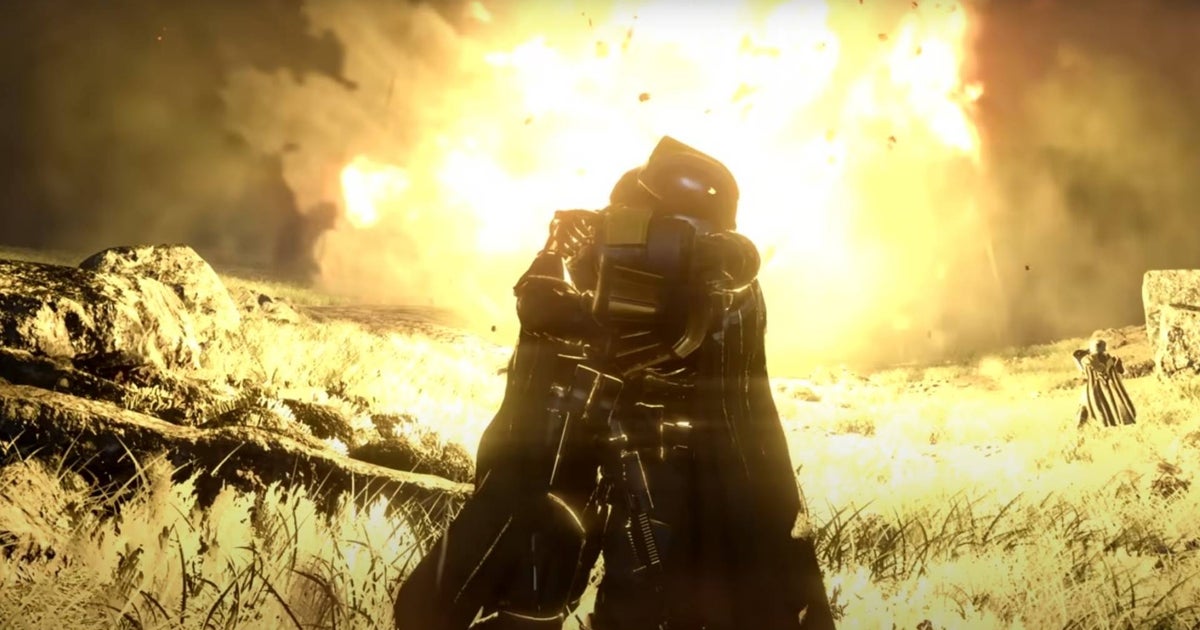Innersloth CEO Forest Willard knew almost immediately Among us‘ Breakthrough in 2020 that Innersloth had the resources to support other developers and games. “The idea came about when I heard about some games that already had publishers but were struggling and seeking independence,” Willard said. “The positive thing was that these were always resolved through negotiations between the publisher and the developers! We never bought anyone out. But then we saw Mars First Logisticsthought it was cool and understood the business plan well enough to sign it.”
Although Among us is crucial to developer Innersloth’s ability to fund other independent games, it was another studio’s game that sparked the funding initiative now called Outersloth: Mars First Logisticsa construction and transport simulator on Mars. Basically The Legend of Zelda: Tears of the Kingdom‘s building physics into space, then use your creations to transport cargo across the planet. It was released in Early Access from solo developer Shape Shop in 2023 – and when Willard and Innersloth communications director Victoria Tran saw Mars First LogisticsIt pushed the team to develop a business plan.
Innersloth’s investment in Outersloth has only grown from there. On June 7, Tran and Willard took the stage at Summer Game Fest to publicly announce Outersloth and several of the games it has funded. There are nine games in total – so far! – including a card battle RPG from Trinket Studio, the makers of Combat Chief Brigade
“We always knew Outersloth would take a back seat to Innersloth, so the whole plan was to find indie developers who showed they wouldn’t need a full-service publisher,” Willard said. “As for the game itself, we haven’t found a single answer yet as to what fits, but we know when it feels right and it all makes sense.”
Among us is still Innersloth’s top priority – so framing the initiative as a fund rather than a publisher was crucial, Willard said. “We’re happy to provide contacts and advice, but it’s up to the teams to take control of what they want to do and how! It gives them freedom as we don’t want to interfere in their process and/or steal their intellectual property.”
Outersloth uses a recoup-and-revenue-share model to create fair deals for the developers it supports. Tran said this is a fundamental way of doing business in the video game industry: Outersloth invests in a game and recoups that investment after the game’s release, sharing revenue with the developer until it’s repaid. After that investment is repaid, Outersloth receives a smaller percentage for a set period of time. Outersloth plans to announce the details of the agreement percentages “at a later date,” Tran said.
For most studios, getting funding has been difficult over the past two years, but for marginalized developers who receive by far the least funding, it seems an insurmountable task. It’s not like getting funding has ever been easy, either; making sure an entire development team can make a living from development is one of the hardest parts of the job. Now it’s even worse.
“As indie developers ourselves, we knew getting funding was the hardest part,” Tran said. “We’re very privileged to be in this position and have the attention on us, so we hoped we could create something that would inspire others to give back in whatever way they can and whatever that means to them. We only got here thanks to the help of our industry peers and stakeholders, so it felt right to help where we could.”
Over the past two years, the video game industry has not only seen a decline in funding, but also a staggering number of layoffs and studio closures; more people were laid off in the video game industry in the first half of 2024 than in all of 2023. This is not necessarily because the video game industry is doing poorly financially. People in the United States $57.2 billion spent on video games in 2023, up from $56.6 billion in 2022, according to the Entertainment Software Association and data analyst Circana. The question concerns spending in 2024, which Circana analyst Mat Piscatella estimated decline of 2%optimistic, or 10% pessimistic, in an interview with GamesIndustry.biz. What I mean by that is that in a year marked by closures and layoffs, things are harder than ever for video game studios; even studios with successful launches have suffered this fate.
Funds like Outersloth will help at least some studios to have a sustainable future – at least that is the hope. None of the announced games have been released yet, except Mars First Logistics in its Early Access phase. However, Outersloth expects to continue investing in games and is accepting applications from game developers. It’s a move you don’t see often – indie game studios funding other indie game studios.
Typically, it is larger developers and publishers that launch these funds: Companies like Microsoft, Google, and Sony. Then there are other funding initiatives, such as Impact Fund Strange Ghosts or Wings Interactivewho pay particular attention to diversification in their investments. Outersloth’s investment fund works more like the latter; WINGS, for example, uses a similar model where revenues are split at different percentages until the investment is recouped, allowing developers to retain their IP rights. The difference is that WINGS offers more intensive support with publishing and business development; Outersloth looks for developers who can work independently but can also offer advice when needed.
“Diverse funding and publishing models that meet the needs of developers are a step in the right direction, and their sustainability and success are a core part of that,” Tran said. “It’s not just indie developers who are succeeding, but also larger companies that may have more flexibility and resources to make more games. Ultimately, the way forward is people taking care of people, and I hope Outersloth can help with that.”








